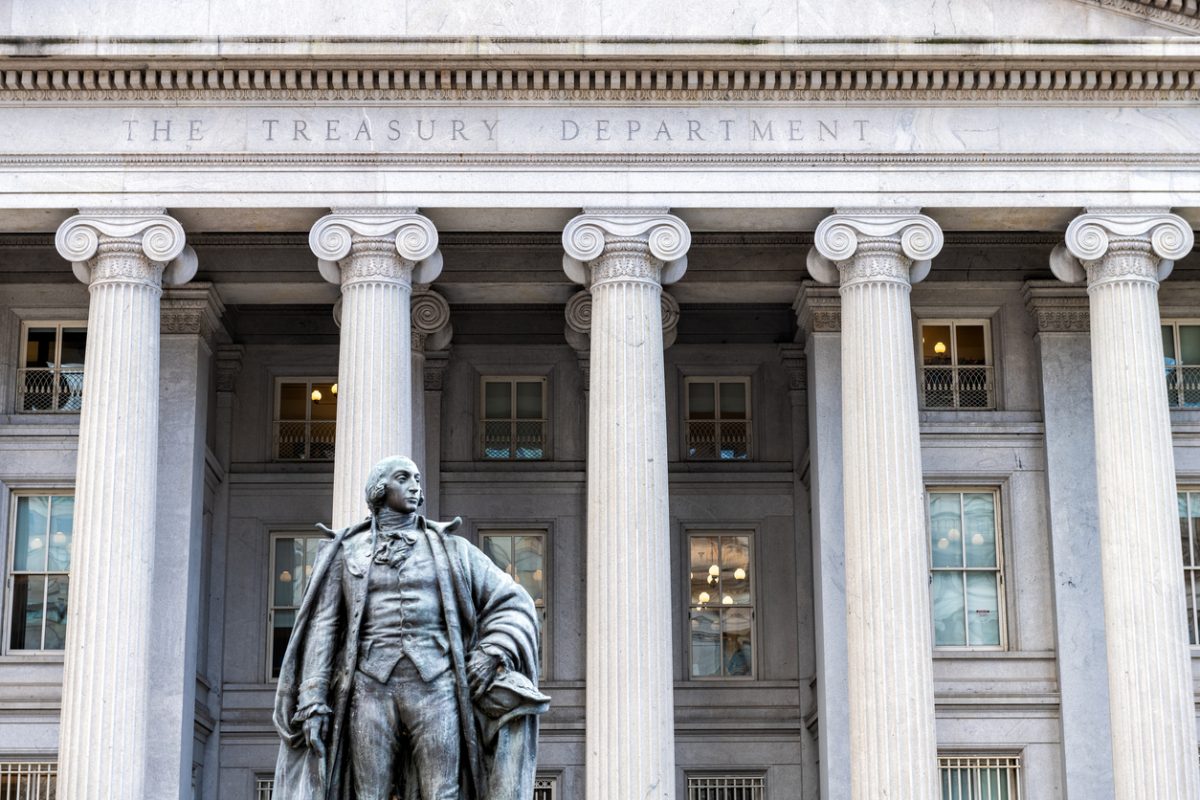Treasury Secretary tries to smooth political waters. Export controls for raw materials central topic.
U.S. Treasury Secretary Janet Yellen arrived in China on Friday. The four-day visit is intended to deepen communication between the two countries but comes under the shadow of export controls on gallium and germanium announced by China on Monday. Both metals are needed for a range of applications from the solar industry to the defense sector. On the very first day, the minister made clear her government’s position, saying it would seek healthy competition with China but would work with its allies to fight unfair economic practices.
Speaking to U.S. companies doing business in the People’s Republic, she said the impact of the export controls announced Monday was still being assessed, but they again made clear the importance of reliable supply chains. However, she said, this should not be about decoupling, but diversification. Decoupling the world’s two largest economies would have devastating effects, Yellen said. Not to mention that this endeavor would be sheer impossible to accomplish.
Trade between the two countries reached an all-time high last year, she said, despite political tensions that have intensified in recent years. At the heart of this are U.S. efforts to prevent China’s chip industry from reaching the levels of South Korea or Taiwan. Accordingly, the suspicion is close that stricter requirements for the export of gallium and germanium are a retaliatory measure. The Chinese Ministry of Commerce refutes this impression. The controls are not aimed at any particular country, the AFP news agency quotes a spokeswoman as saying. She also clarified that no export ban had been imposed; rather, the necessary licenses would be issued if regulations were followed.
Meanwhile, the turmoil China has caused with the announced measures provides interesting insights into the commodity strategies of various countries. The U.S. Department of Defense, for example, has its own stockpiles of germanium, but not gallium, according to a Pentagon spokesman. South Korea’s KOMIR (Korea Mine Rehabilitation and Mineral Resources Corporation) which is responsible for raw materials, on the other hand, has enough gallium for forty days. The country is aiming for a one-hundred-day supply of 33 critical raw materials in the medium term. Japan is also working on a similar strategy, which in turn could serve as a model for the European Union.
Photo: iStock/Igor Krasilov


